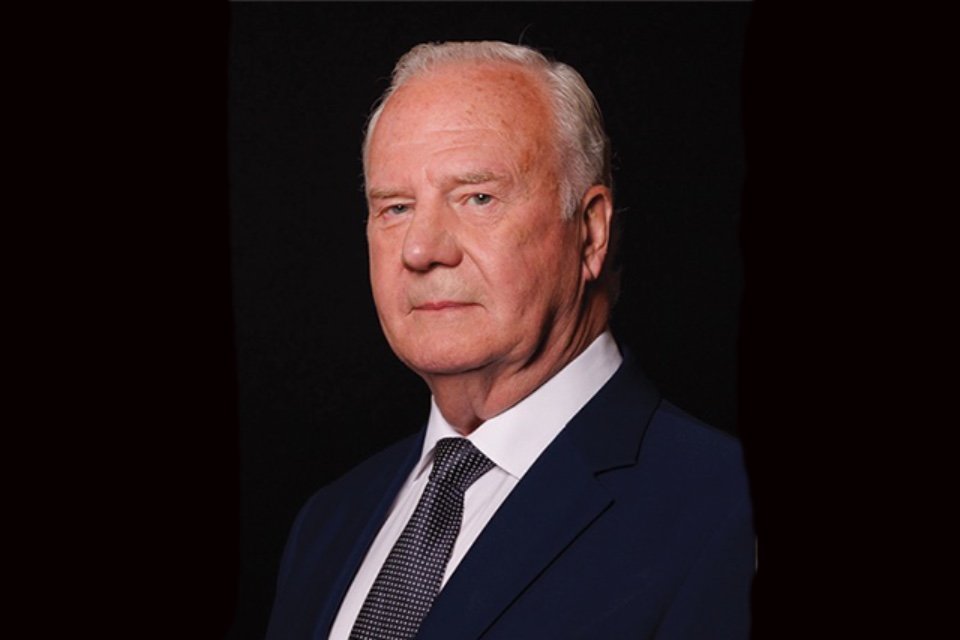More than three-quarters of disabled consumers have not shared their support needs with businesses and organisations when accessing essential services, according to the latest research from Experian.
Some 85% of disabled consumers and those with support needs said they had not explained to their bank or building society how they could be better supported when interacting with them, a trend repeated with credit card (90%) and pension providers (91%).
For those that have shared their support needs, 70% are satisfied with the extra support they receive – demonstrating that the support can be put in place once organisations are aware of people’s needs.
The findings come as disability experts, campaigners and businesses call for contributions to a new community driven, open-sourced website which aims to improve accessibility for people when dealing with businesses and other organisations.
The Support List (www.WhatWeNeed.Support) has been created in recognition of the challenges faced by those with additional support needs. It has been driven by leading disability and accessibility specialists, Dan Holloway and Chris Fitch, and informed by the lived experiences of more than 1,400 disabled people and those with additional support needs.
Those behind the project, including main sponsor Experian and other firms including Lloyds Banking Group, NewDay, HSBC, Co-Operative Bank and Tesco Bank, are hoping members of the disabled community will share their experiences to allow the List to expand its guidance, allowing it to incorporate a wider range of support needs over time.
The list is intended to be a publicly available starting point to promote dialogue between disabled people and those with additional support needs, and businesses looking to support the needs of their customers in delivering products and services.
It is a broad list, initially focusing on the areas of sight, hearing, and mental health and dementia, and outlines consumer preferences in the following categories:
- Telephone communications
- Written communications and in-person meetings
- Communication preferences
- Other support needs
The list will expand over time to cover more disabilities, vulnerabilities, and circumstances, informed by the lived experiences of contributors, and then tested by organisations to see how readily they can be put in place.
The ambition is that the Support List will be used to develop standardised approaches and responses to those with disabilities and support needs, which can be used across multiple industries and sectors, to benefit people with support needs anywhere in the UK. It will be iterated over time based on feedback from consumers and industry.
Dan Holloway, Co-convenor of the Futures Thinking Network at The Oxford Research Centre for the Humanities, said: “As disabled people we are used to having to repeat often highly personal, information to every organisation disabled people deal with, just to be able to access services others take for granted. We hope that this project will help break the cycle of exhaustion and trauma that has such a disastrous impact on our lives.”
Chris Fitch, Consumer Vulnerability Lead at the Money Advice Trust, and Research Fellow at the University of Bristol, said: “Firms have a legal, regulatory, and business imperative to make changes that allow disabled and vulnerable consumers to access and use their products and services. Support List connects firms with people – so firms can understand the changes people need, and disabled and vulnerable people can change the way firms understand their needs.”
Paul Speirs, Managing Director, Digital Consumer Information, Experian UK&I, said: “I am proud that Experian has played a role in supporting the creation of the Support List resource over the past year. We hope the website will act as a catalyst for knocking down barriers that are faced by disabled and vulnerable people every day.”
Kathryn Townsend, Government Disability & Access Ambassador (Banking Sector), said: “Companies that provide services on an on-going basis, such as finance, energy and telecommunications, have a unique opportunity to deliver personal, accessible experiences for their customers – and yet many disabled people still face barriers.
“The financial services industry has been leading the way on accessibility, but there is more that can be done across all sectors. The Support List provides a welcome resource which puts disabled people’s voices at the heart of the solution, and will hopefully help address some of the challenges that companies cite.”






